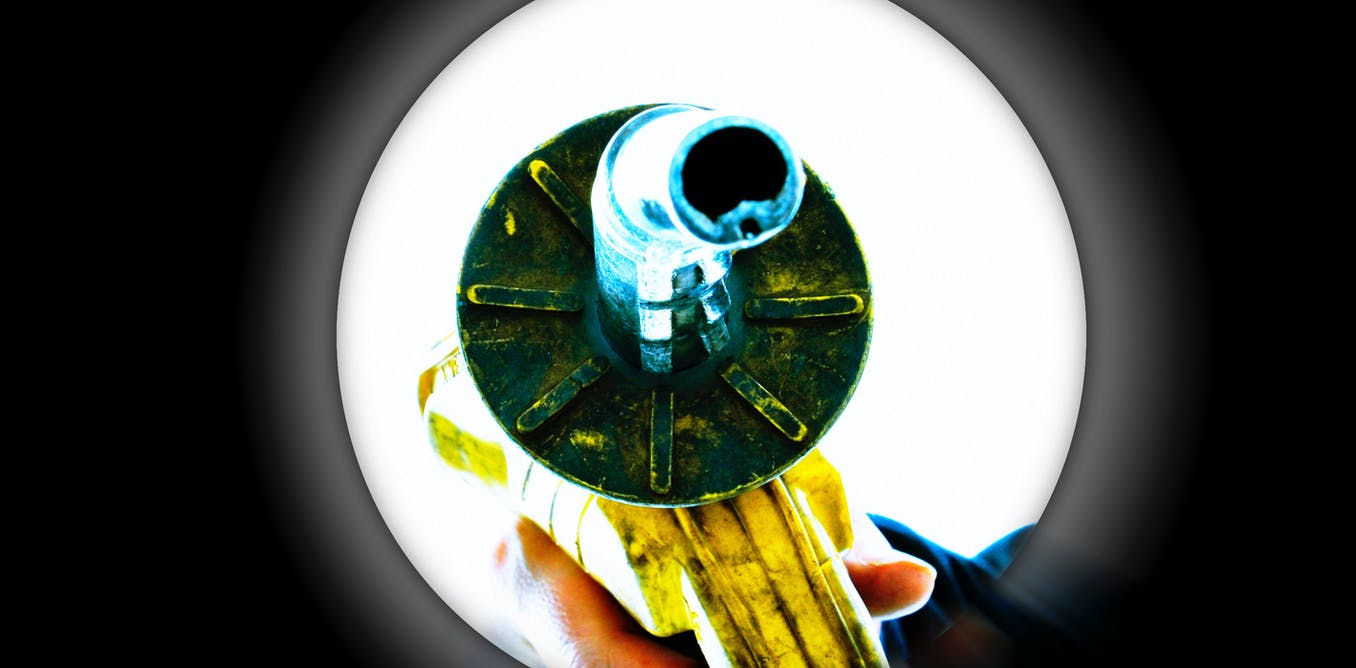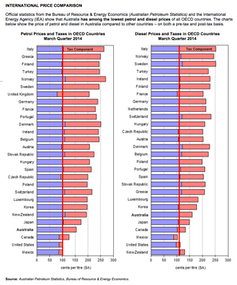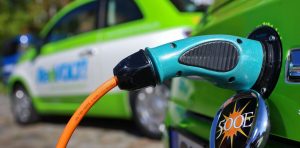FactCheck: do Australians pay high petrol taxes?

UPDATED ON TUESDAY 22 JULY: See editor’s note below for details on the updates.
In this year’s federal budget, the Abbott government moved to restart automatically increasing the fuel excise in line with inflation twice each year, hoping to start from August 1 this year.
For motorists, that would have meant a slight rise of just over 1 cent a litre (in Australian currency) in the first year.
The proposed petrol tax increase isn’t going ahead for now, because the government doesn’t have enough senators onside to pass its plan. To many people’s surprise, three weeks ago the Greens declared they wouldn’t even try to negotiate a deal over the fuel tax hike – worth A$2.2 billion over the next four years – because the government had signalled all of the money raised would go to roads, with nothing for public transport.
But the government isn’t giving up on the Greens changing their minds, amid renewed reports of internal tensions over the issue.
So when it comes to petrol taxes, what are the facts? When ranked against other nations, do Australians pay high, low or average petrol taxes?
How much tax motorists around the world pay per litre of fuel. Prices shown are in US dollars.
International Energy Agency quarterly Energy Prices & Taxes report, CC BY
The International Energy Agency publishes quarterly reports on unleaded petrol prices and taxes. The latest report surveyed petrol prices in the first quarter of 2014 in 32 countries. As you can see above, the report found that only three countries – Mexico, the United States and Canada – have lower petrol taxes than Australia.

Bureau of Resource & Energy Economics (Australian Petroleum Statistics) and the International Energy Agency (IEA) figures, compiled by the Australian Institute of Petroleum. Prices shown are in Australian dollars.
Australian Institute of Petroleum, CC BY
In fact, Australia is one of only ten countries surveyed where taxes make up less than 50% of the price. While the figure for Australia stands at 34%, in some European countries taxes account for 60% of the cost of petrol at the bowser.
Australia’s fuel excise has been frozen at A38.143 cents per litre since 2001, when John Howard’s Coalition government ditched indexation to offset the price hike caused by the introduction of the goods and services tax (GST).
If the excise had remained indexed to the annual inflation rate, by 2013 it would have stood at approximately A52.9 cents per litre. (Note: I calculated this using the Reserve Bank of Australia’s calculator). Without the fuel excise freeze, taxes in 2013 would have accounted for about 40% of the petrol price – which would have meant Australia’s petrol taxes were still among the lowest in the developed world.
As I have explained on The Conversation before, other factors including the value of the Australian dollar and global oil prices will matter far more to how much you pay, rather than the fuel excise.
Verdict
Australians are not paying high petrol taxes when compared to other developed countries. – Vlado Vivoda
Review
The author’s analysis is on the money: most other developed countries have higher taxes on their gasoline.
Alternative data sources could be used for this exercise. The international gasoline pump-price data of GIZ also indicate that Australia’s petrol prices are lower than those in most developed countries. – Paul Burke
Have you ever seen a “fact” that doesn’t look quite right? The Conversation’s FactCheck asks academic experts to test claims and see how true they really are. We then ask a second academic to review an anonymous copy of the article. You can request a check at checkit@theconversation.edu.au. Please include the statement you would like us to check, the date it was made, and a link if possible.
Editor’s note: The verdict and review in this article have not changed. However, it previously began with a quote from the Australian Automobile Association, drawn from this ABC Radio story “Motorists’ fury at petrol tax rise”, stating: “There’s no justification for an increase in tax on motorists in this budget. Motorists are already paying too much tax and they’re not getting fair value for the money that they currently pay.” The AAA has since clarified that their position is that while motorists do pay too much tax, they were referring to all taxes, not fuel taxes specifically. Plus, following a question from reader Ron Purss below, we have also put in additional petrol and diesel charts showing international tax comparisons in Australian dollars.

Vlado Vivoda receives Australian Research Council funding.
Paul Burke does not work for, consult, own shares in or receive funding from any company or organisation that would benefit from this article, and has disclosed no relevant affiliations beyond their academic appointment.






